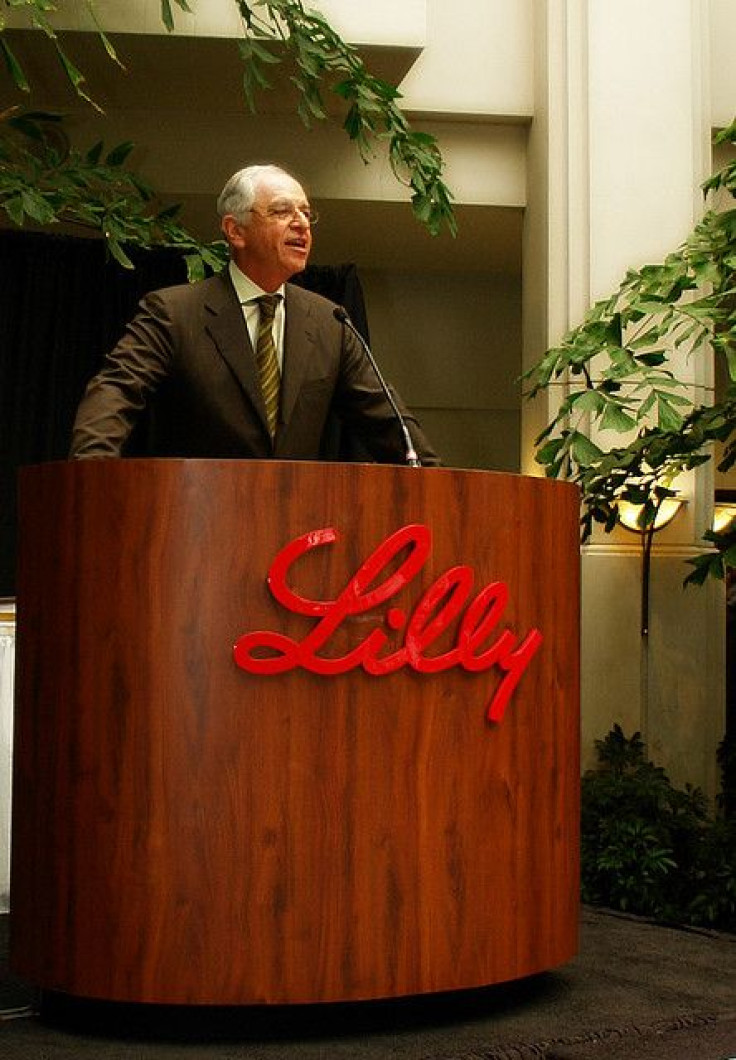Alzheimer's Drug Shows Promising Signs After Two Failed Trials

Though drug manufacturers Eli Lilly and Co.'s Alzheimer's treatment failed to slow mental decline in two separate studies, it has produced promising results in a late stage clinical trial.
In a trial with patients who suffer from mild-to-moderate Alzheimer's disease, Eli Lilly and Co's drug solanezumab demonstrated "statistically significant" slowing of cognitive decline in the overall study.
Solanezumab is an antibody designed to target beta amyloid clumps found in the brain of people who are living with Alzheimer's disease. The amyloid clumps are believed to be damaging and, in time, killing neurons.
The trial included more than 2,000 patients with mild-to-moderate Alzheimer's disease in 16 different countries worldwide. The trial lasted for 18 months. The Alzheimer's Disease Cooperative Study (ADCS), an academic national consortium, will perform a separate analysis of the data from the study.
"We recognize that the solanezumab studies did not meet their primary endpoints, but we are encouraged by the pooled data that appear to show a slowing of cognitive decline," said John C. Lechleiter, PhD, chairman, president and chief executive officer, Lilly. "We intend to discuss these data with regulatory authorities to gain their insights on potential next steps."
With solanezumab showing promising hope for the future, Eli Lilly and Co's shares increased by six percent, $2.50 to $44.90, in the pre-market trading.
Eli Lilly is optimistic about moving forward with discussing results with regulators.
Alzheimer's disease is the most common form of dementia among elderly. It causes progressive decline in memory and other cognition functions. The amount of people suffering from Alzheimer's doubles every five years. Presently, the Centers of Disease Control and Prevention estimated nearly five million Americans have Alzheimer's.
There is currently no cure for Alzheimer's disease.
Earlier this month Pfizer and Johnson and Johnson, ended their development of another drug aimed to treat Alzheimer's.



























